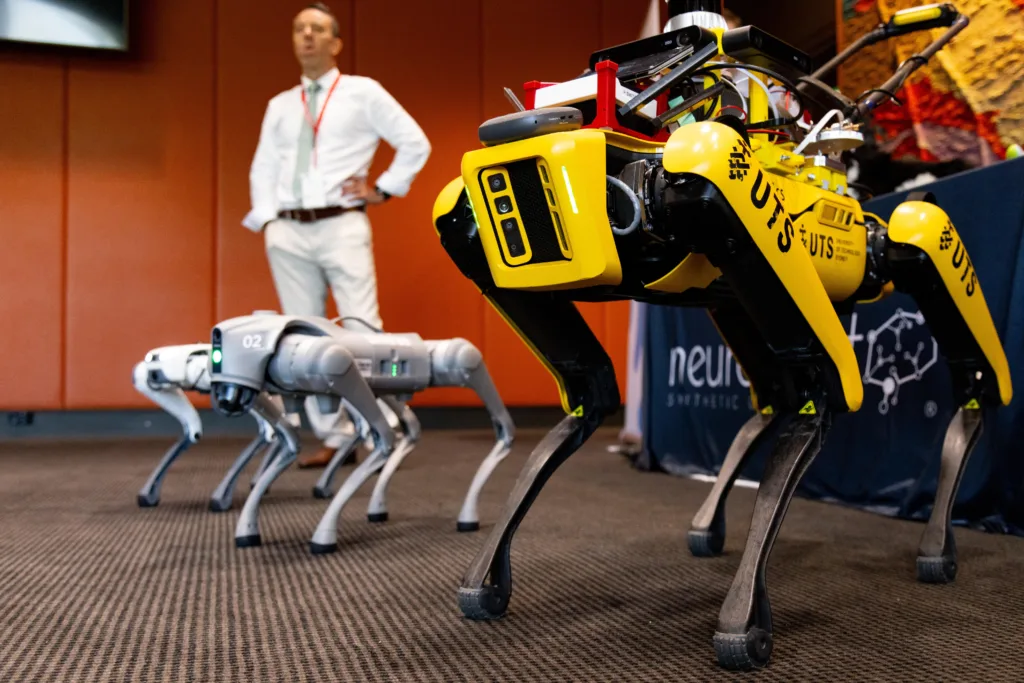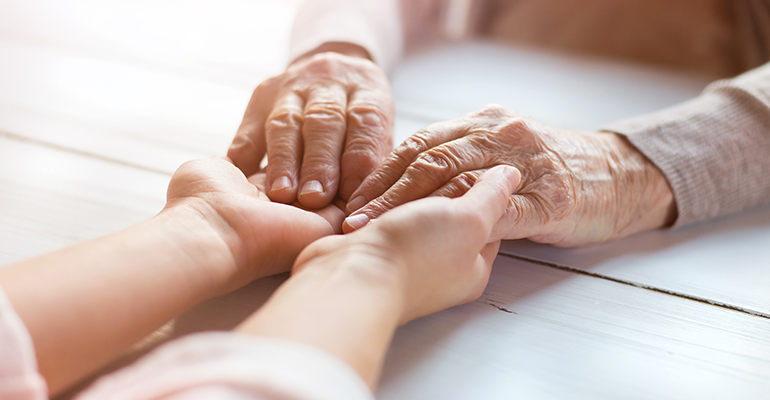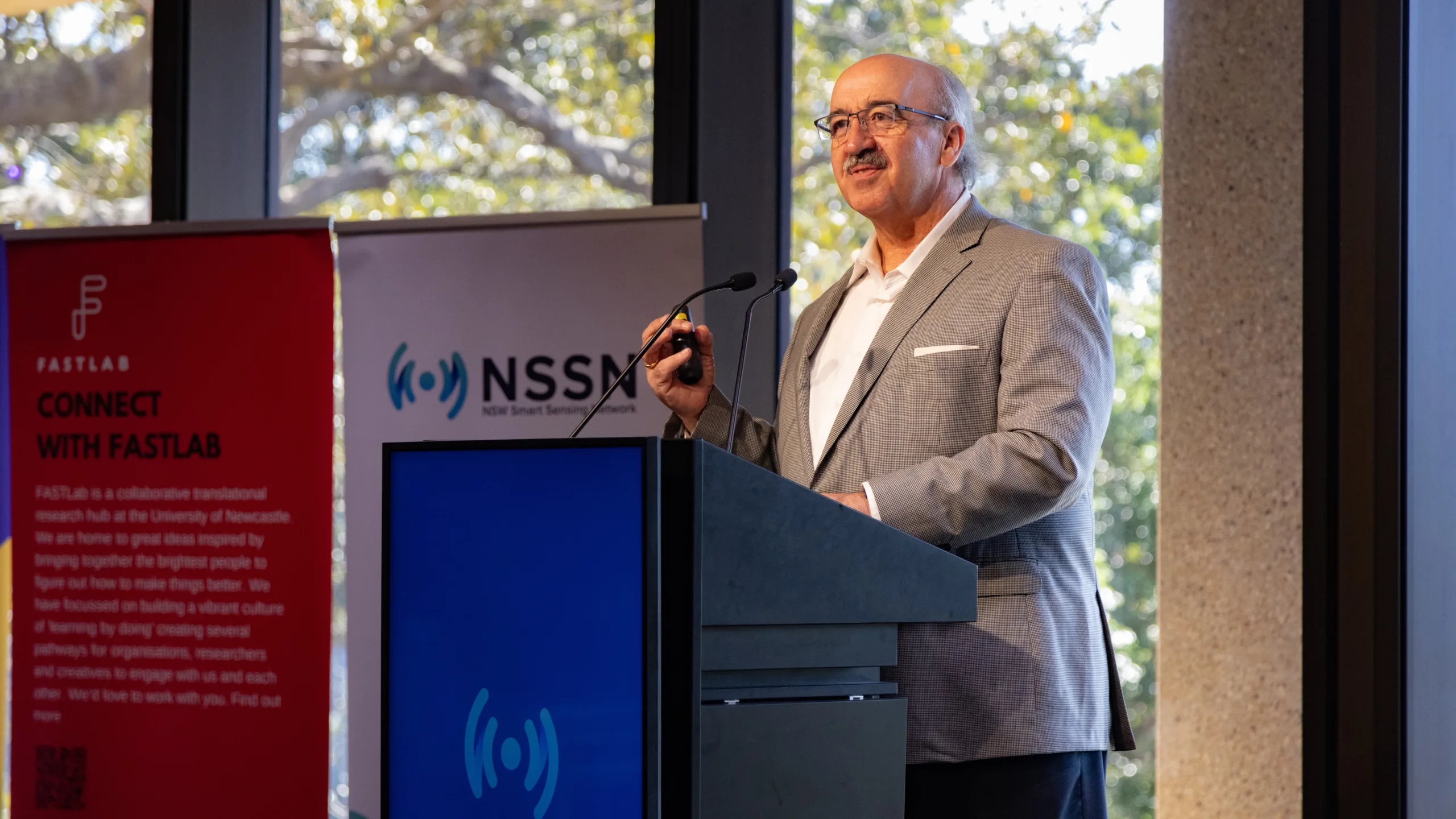Elderly Greeks in Australia want to stay in their own home for as long as possible. For their adult children, it can be worrying. There is always the fear that their ageing parent might slip and fall, unable to call for help.
But advanced smart sensor technology that can track a person’s movements could lessen the worry for families and those caring for an elderly person.
An Australian-first survey of older Australians, their families and carers, found older Australians are happy to accept government-funded smart-sensor technology if it means they can continue to stay in their home.
The survey was released in November 2024 at the NSW Smart Sensing Network’s (NSSN) 3rd Ageing Forum at NSW Parliament House. The forum focused on how technology-supported care at home has a key role to play in the aged care crisis and will allow older Australians to live in their homes longer and take the pressure off the health system.

The survey also found the most valued technology is one that alerts a carer or family member about an emergency such as a fall.
While most of the survey participants think it should be funded under home care packages or other types of assistance, more than half of the 1,000 respondents were happy to contribute a small amount each month for the technology.
The survey was funded by the Sydney Partnership for Health, Education, Research and Enterprise, for a project led by the UTS Institute for Sustainable Futures in collaboration with the NSSN and the University of Newcastle’s FASTLab.
The final survey results will be published in 2025. It is hoped the survey outcomes will help guide existing initiatives across academia, industry, and NSW and federal governments, and lead to a real-world trial of technology in older people’s homes.
Chair of the Aged Care Industry Information Technology Council, Dr George Margelis said smart-sensor technology is part of a wider assistive technology concept designed to support people to age safely and effectively at home.
He said while assistive technology is funded through the Federal Government, improved funding is needed to enable people to make their homes ‘smart’ in preparation for ageing.
“The amount required varies by need, but we need to cover basic costs like internet connections and support,” he said.
“There is a proposal before the government at present, and it was recommended in the Royal Commission report, where I am quoted.”

One example of this sensor-smart technology is a patch that measures several vital signs and detects falls and heart-rate problems.
“Falls and change of health status are common across all groups but by automating the detection and reporting, these systems remove the language barrier,” Dr Margelis said.
“The sensors are designed to be unobtrusive and fit into people’s homes and lives.
“Supporting people with dementia to stay at home safely by monitoring and using technology to prompt them to do things has been shown to be very useful.”
Greek Australian businesses are also developing smart-sensor technology. One example is Vlepis – a company started by Bill Dimopoulos.
“The technology supports older people to stay at home longer by keeping track of their movements, ensuring they are safe, have not fallen and are doing their normal activities,” Dr Margelis said.
“It detects changes in activities that indicate increased risk of falls, changes in health status, and also helps them communicate with family and friends, as well as their carers.
“A big thanks to the NSW Smart Sensor Network for supporting the research and helping to get the message out.”
